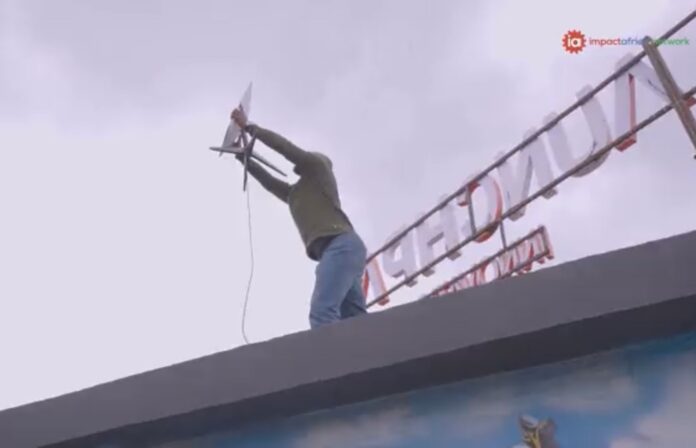Jumia will look to expand its markets to counter tough trading conditions, while Starlink gets a partner in new markets
E-commerce platform Jumia, with more than 100,000 sellers across the African continent has announced an agreement with Starlink to retail its residential kit in Africa. The agreement will initially cover Nigeria, with plans for expansion to Kenya, and then to the remaining African countries where it operates including Algeria, Egypt, Ghana, Ivory Coast, Morocco, Senegal, Tunisia and Uganda.
The e-commerce platforms are entering a tough fight with emerging telco financial services offerings from the likes of MTN, Vodacom and Safaricom.
Jumia is looking to pivot to profitability after a tough quarter across the continent leading to it seeing declines across the board in its active consumers and orders. It currently has around 8.4m active consumers across the continent.
The macro-economic environment has been hit hard by a combination of high inflation exacerbated by Russia’s invasion of Ukraine and higher interest rates from the Federal Reserve which hits countries hardest with poor current account balances – plus massive currency devaluations like in Nigeria.
The average inflation level across Jumia’s markets hit 14.1% in June. Ghana and Egypt suffered the worst inflation at 42.5% and 35.7% respectively. Inflation in Nigeria rose to an 18-year high at 22.8% in June.
“We are thrilled to be the first company on the continent to join forces with Starlink to expand this groundbreaking technology in Africa,” said Jumia Group chief commercial officer Hisham ElGabry. “By expanding access to Starlink’s internet service through the Jumia platform, individuals and communities can be empowered with high-speed, low-latency internet access, driving economic growth and unlocking new opportunities.”
“The reliable high-speed connectivity can empower users to access online resources, participate in e-learning platforms, engage in e-commerce, and enhance their communication capabilities,” he added.
Fewer ground stations needed
Starlink would typically need a bunch of ground stations to support a rapid rollout across Africa but last week the satellite services operator deployed its second-generation satellites, which besides having four times the capacity of the existing satellites, feature space lasers which will enable the satellites to connect thousands of kilometres apart. The company claims the ever-moving LEO constellation can maintain pointing accuracy to enable data transfers up to 100Mbps on each link.
If Starlink gets it all working correctly, it opens plenty of opportunities – more than likely at the expense of VSATs – to provide connectivity in African markets quickly. Last week, Paratus Group also became a distributor for Starlink’s services across Africa.
Starlink is currently officially available in Kenya, Nigeria, Mozambique, Rwanda and Sierra Leone. Zimbabwe, Namibia, Botswana, and Eswatini are set to launch Starlink before year’s end, as are Angola, Tanzania, Senegal – despite a crackdown on Starlink – Ghana, and Zambia – based on its availability map.
Despite more than a thousand South Africans using a back-door method to access the satellite internet services from Starlink, the provider does not currently have a licence to operate in South Africa from the Independent Communications Authority of South Africa.
Pictured: Startup group ImpactAfricaNetwork having some Starlink Lion King fun. Full Video in X.


